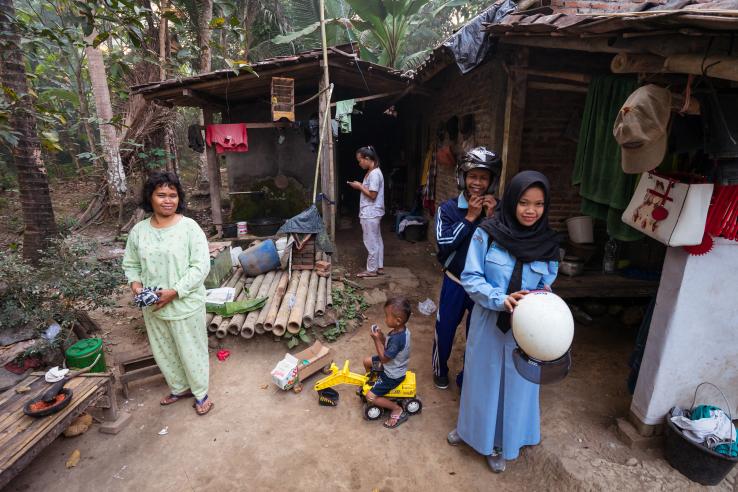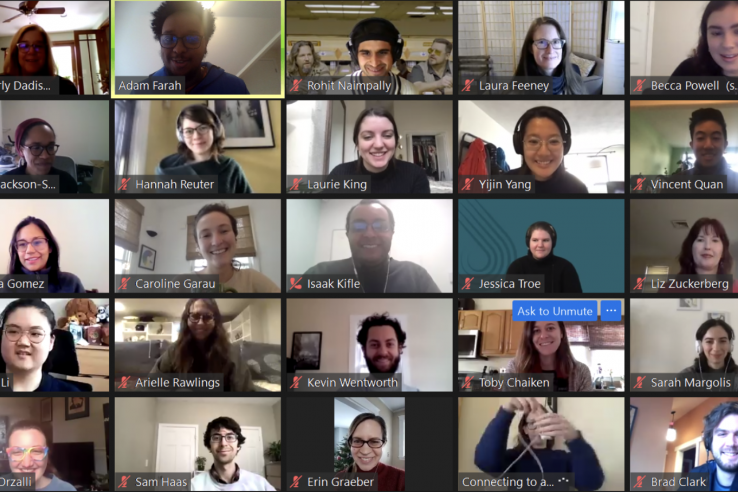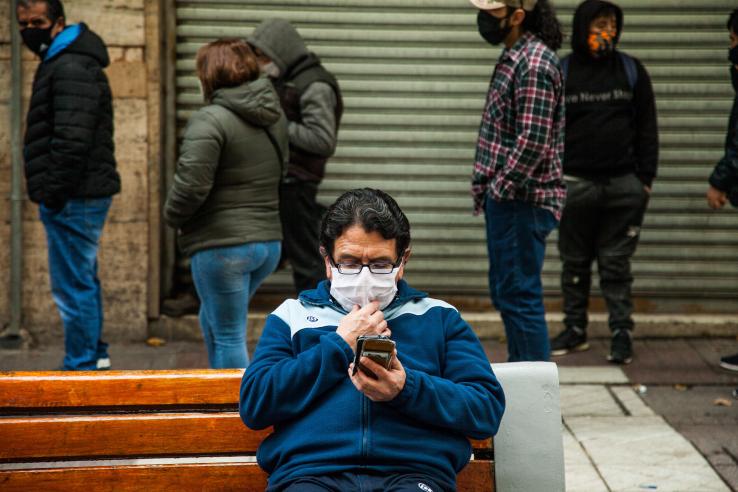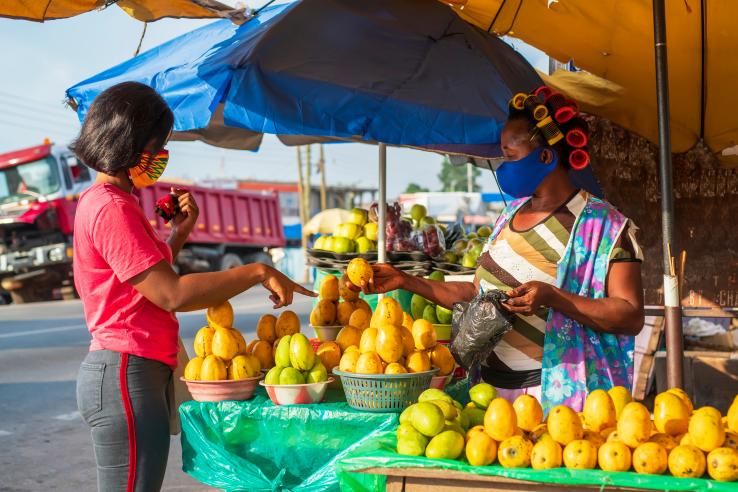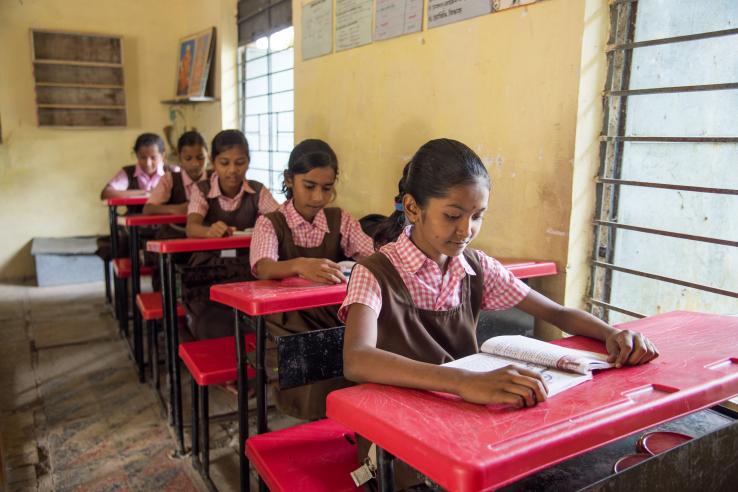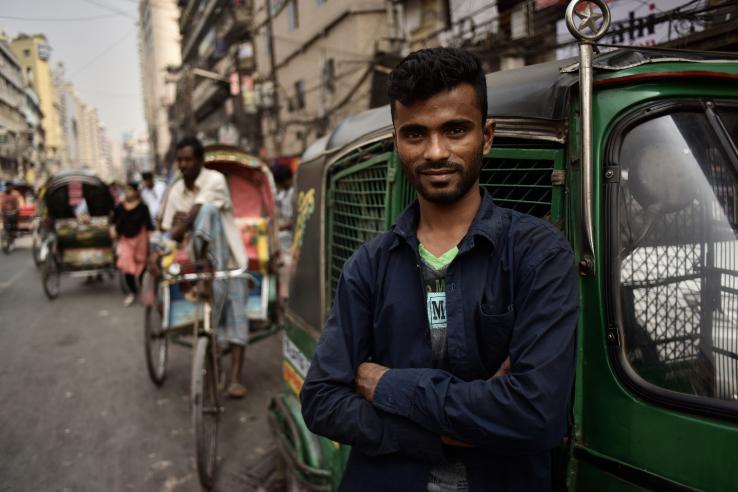Displaying 2206 - 2220 of 8331
Evaluation
Researchers partnered with the Government of Indonesia to conduct a randomized evaluation that tested whether adding questions on flat-screen televisions and cellphone SIM cards to a targeting census would change people’s reporting and actual purchases of those items. The findings suggest that while targeting may cause people to misreport what they own in the short term for some goods, it is unlikely to change people’s decisions about whether to actually purchase those items.
Person
Person
David Yanagizawa-Drott is Professor of Development and Emerging Markets at the University of Zurich. His research interests include economic development and political economy, with a special focus on civil conflict, health, information, and mass media. He has explored issues such as the impact of...
Person
Page
Landing page
Person
Margaret McConnell is Associate Professor of Global Health Economics at the Harvard School of Public Health. Her current research combines behavioral economics with field and laboratory experiments to design and evaluate policies to change health and financial behaviors. She is currently working on...
Person
Amreen Choda joined the J-PAL Africa team in December 2012 as a Research Associate. She works in the field of education, particularly looking at the impact of parental intervention on children’s behavior and education in primary schools in the Eastern Cape.
Blog
As the COVID-19 pandemic spread, 99 percent of the world’s 2.36 billion children faced some restrictions on movement, and 60 percent faced lockdown measures. With many schools and daycare facilities closed, who is taking care of the children?
Blog
J-PAL North America Executive Director Mary Ann Bates reflects on the last year in this post.
Evaluation
Researchers are conducting a randomized evaluation to test the impact of Chile’s economic stimulus package on the profits and survival of SMEs.
Evaluation
Researchers are conducting a randomized evaluation to test the impact of providing emergency job retention assistance to firms and workers on firm survival, worker-firm match survival, and labor market outcomes for firm owners and workers in Ghana’s informal sector. Research is ongoing; results are forthcoming.
Evaluation
Researchers conducted a randomized evaluation to test the impact of providing cash transfers to female entrepreneurs during the pandemic on their business outcomes and behavior. Firm profit, inventory spending, and food expenditures all increased for business owners that received the cash transfer. Additionally, the transfers caused a re-opening of previously closed businesses; however, PPE spending and precautionary management practices only increased among those who perceived Covid-19 as a major health risk.
Evaluation
Researchers evaluated the impact of practicing sustained cognitive activity on cognitive endurance and school performance in Lucknow, India. Students that spent additional time engaging in sustained cognitive effort received higher grades in all of their classes, improved their performance on tests, and appeared more attentive in the classroom.
Evaluation
Researchers are conducting a randomized evaluations to test the impact of different types of public health messaging on the practice of social distancing.
Evaluation
Low-income populations throughout the world often consume very few calories. At the time of this intervention in 2013, over 800 million people globally consumed fewer calories than were recommended to maintain a healthy weight. However, the impact of low caloric intake on economic productivity is not well researched. Researchers conducted a five-week randomized evaluation to test the impact of increased caloric intake on hours worked, earnings, and physical and cognitive ability for cycle-rickshaw drivers in Chennai, India. Drivers who consumed daily snacks worked and earned more and performed better on cognitive and physical tasks relative to drivers that received an equivalent value of cash. Supplemental survey data suggests that inaccurate beliefs and knowledge about the returns to calories and the caloric content of food may drive lower than recommended calorie consumption.
